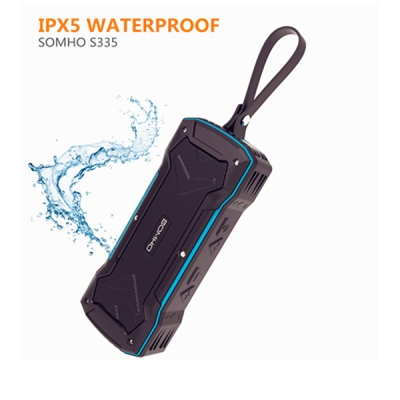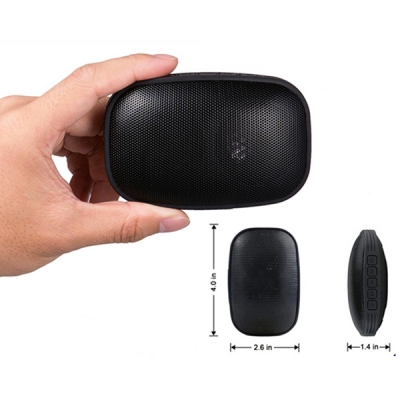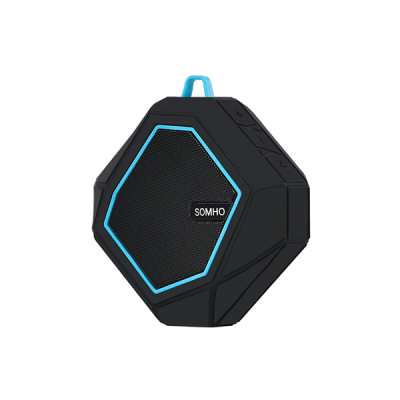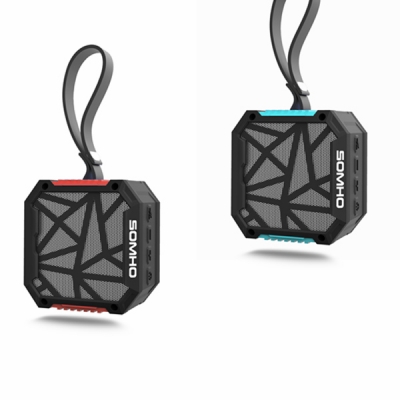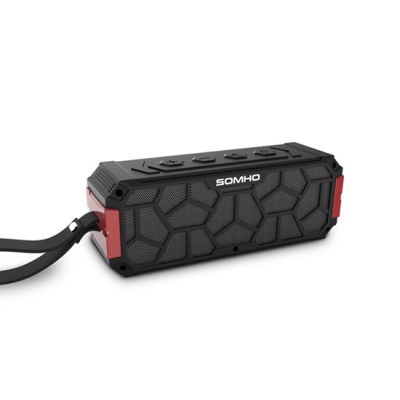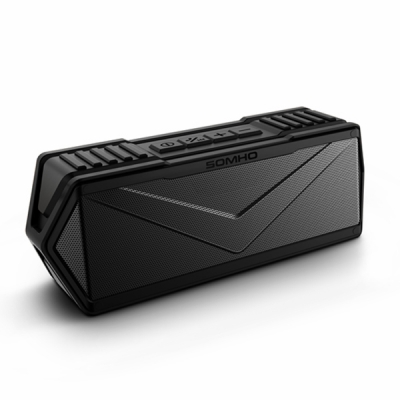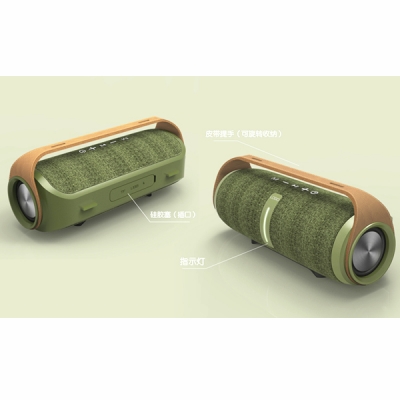New water-based battery research and development success is no longer the risk of explosion
Lithium-ion battery is the most common type of battery, its both ends have an electrical conductor, or the electrode. When the electron end of the electrode moves to the other end - the middle of the electrolyte can help move electrons - also produces the battery charge and discharge.
In the case of
In most cases, the electrolyte is made of flammable organic chemicals. Although the fire of the water-based electrolyte does exist, but because of the activity of water is not high, the performance of this battery is not particularly strong.
In the case of
But now, scientists have developed a use of water-based electrolyte lithium-ion battery, it is not the risk of explosion, but also to achieve 4V voltage - which has reached the level of ordinary organic electrolyte.
In the case of
It is reported that this water-based battery by the University of Maryland Professor Wang Chunsheng and his team led by the development. Two years ago, Professor Wang‘s team developed a water-based electrolyte that could reach a voltage of 3V. Although this electrolyte is safe, it can cause the electrode to degrade, so it can not save too much energy.
In the case of
But this time, the research team developed a water-based electrolyte that has a function of only organic electrolytes: a solid coating that avoids electrode degradation.
In the case of
Among the lithium ion batteries using organic electrolytes, some of the chemical elements are decomposed into a solid protective layer on the surface of the electrode during the first charge, which is called the "solid electrolyte interface film" (SEI).
In the case of
The aqueous electrolyte is generally free of SEI because the decomposition of water does not produce any chemical substances to form the solid layer. But the research team produced this electrolyte has a very high salt concentration, can generate SEI. In this way, the safety of the battery is not only more secure, the electrode has been protected, you can save more power.
In the case of
Although this battery has been better than other water-based batteries, but there is still a big limit: their life is only about 70 charging cycles, and battery manufacturers want to reach at least 500. "Next (We will) extend the charging cycle," study team member Chongyin Yang said, "We very much hope that will be put into commercial application of this technology and the market." (Author: Angela Chen, the compiler: Xiao En)

